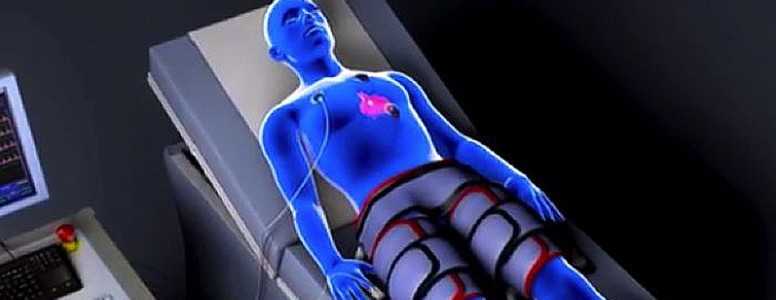Australian researchers are planning a type 2 diabetes study that involves strapping patients to a bed with a series of cuffs and stimulating the effects of physical activity.
The device that achieves this sensation is called the External Counterpulsation (ECP) device, which works by placing cuffs on the lower and upper legs that apply compression as patients relax.
The University of Queensland is hoping the device can mimic exercise as a means of improving the health of patients of type 2 diabetes.
ECP treatment feels like light exercise for between 30 and 45 minutes, and has been compared to a massage session by patients who have already trialled the device.
Exercise is a fundamental part of type 2 diabetes management, and the researchers add that ECP could also help improve circulation and cardiovascular health.
“Whilst having this compression between heartbeats it actually promotes the return of blood to the heart which eases the amount of work the heart has to do,” said Queensland researcher Llion Roberts.
“It basically helps with blood flow. And peripheral disease in veins, arteries, arms and legs, which are sometimes clogged due to calcification or plaque, are also being placed under reduced amounts of stress.”
Roberts hopes that all patients with type 2 diabetes can benefit from ECP treatment, but highlighted that it could be particularly beneficial for people who struggle to exercise, and even find small walks difficult.
Diabetes Queensland chief executive Michelle Trute said: “This research shows the resources that are being put into replicating exercise for people who can’t move.”
Queensland researchers are currently recruiting for patients with type 2 diabetes, aged between 18 and 80, to participate in a new ECP treatment trial.
Picture: abc.net.au






